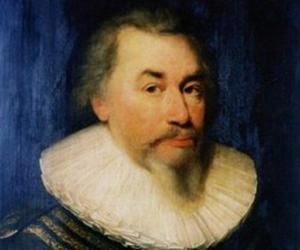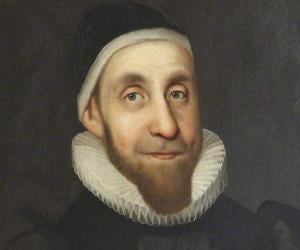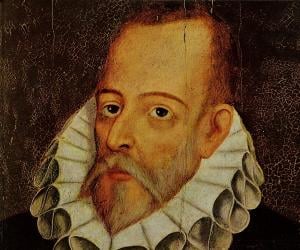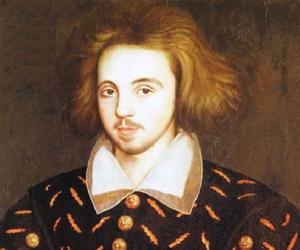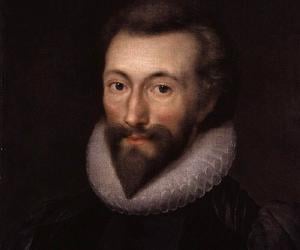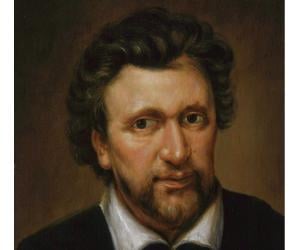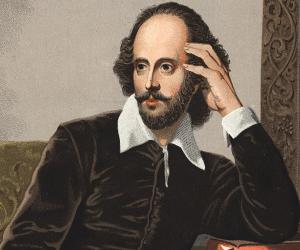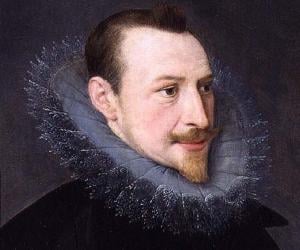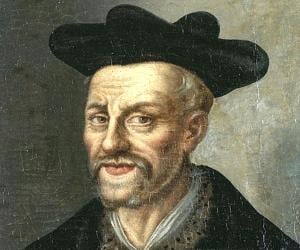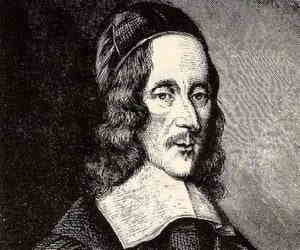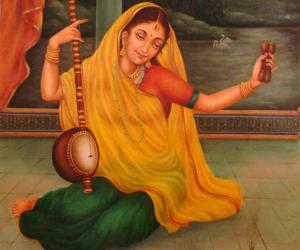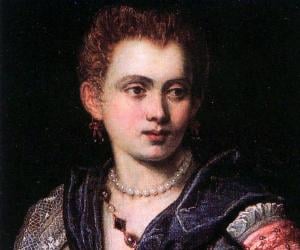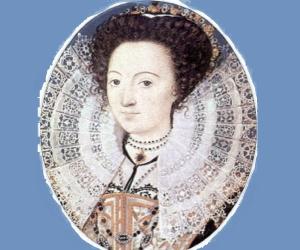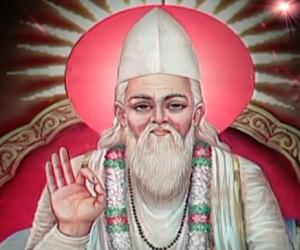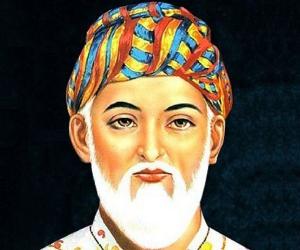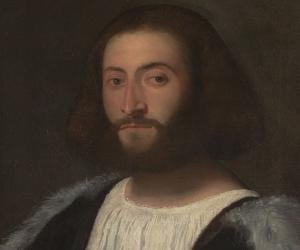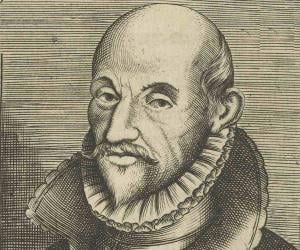Miguel de Cervantes was a Spanish writer best known for his work Don Quixote, which is considered one of the high points of world literature. He is regarded as one of the greatest novelists of all time and the greatest writer to ever write in the Spanish language. His works have influenced other works of art like music and paintings.
English playwright, poet, and translator, Christopher Marlowe, was one of the major literary figures of the Elizabethan era. It is believed that he greatly influenced his contemporary William Shakespeare. He led a troubled life and died young under mysterious circumstances. Despite his early death, he is regarded as one of the foremost dramatists of the 16th century London.
English playwright, poet, and actor William Shakespeare is widely regarded as the greatest writer in the English language. He is also often called England's national poet. Many of his works have been translated into other languages and his plays continue to be produced till day. Popular during his lifetime, he acquired an iconic status after his death.
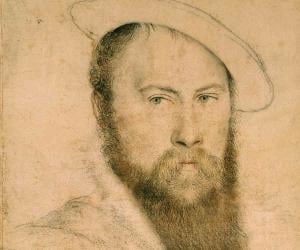
Apart from being a lyric poet who is credited with having written the first English sonnets, Thomas Wyatt was also a seasoned politician and an ambassador who was patronized by Thomas Cromwell. He was also said to have had an affair with Anne Boleyn and was later arrested for it.
François Rabelais was a French writer, Renaissance humanist, physician, monk, and Greek scholar. Regarded as one of the great writers by Western literary critics, Rabelais is also considered one of the creators of modern European writing. He is remembered for Gargantua and Pantagruel, a pentalogy of novels that are regarded as one of the earliest forms of the modern novel.
George Herbert was an orator, poet, and priest of the Church of England. Although he is regarded as one of the most important British devotional lyricists, Herbert's poetry is often associated with the works of popular metaphysical poets. He was also a collector of proverbs and his collection was published in 1640.
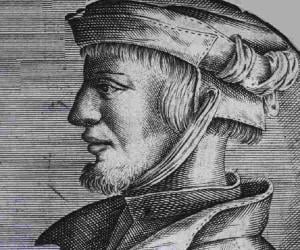
Sixteenth-century German scholar Heinrich Cornelius Agrippa was known for his expertise in philosophy and the occult. He also taught at the universities of Pavia and Dôle. His De occulta philosophia suggested magic as a way to reach God. He was eventually branded a heretic and imprisoned.
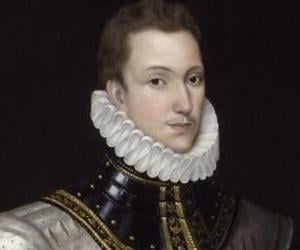

Though a witty author, John Harington is better remembered as the inventor of the flush toilet. He was banished from the royal court for the cockiness of his language in his written works. He also earned a knighthood and later came to be known as Queen Elizabeth’s “saucy godson.”
The 16th-century Hindu mystic poet, Mirabai, was a devotee of Lord Krishna. In the North Indian Hindu tradition, she is a celebrated Bhakti saint. While millions of devotional hymns in praise of Lord Krishna are attributed to Mirabai, only a few hundreds are believed to be actually composed by her. Several temples are dedicated to her memory.
A significant Venetian figure, Veronica Franco wasn’t an ordinary courtesan but was educated and a talented poet, too. She defended herself successfully against charges of witchcraft. Born to a courtesan, she was married to a doctor briefly and later became a sex worker to sustain herself and her children.
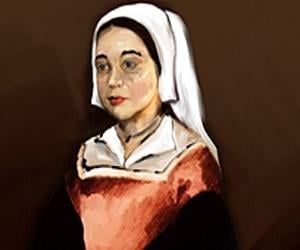
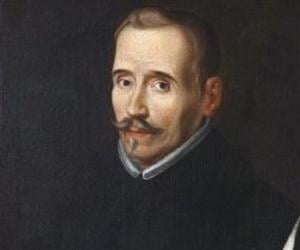
Spanish Baroque dramatist Lope de Vega was one of the most significant figures of the Spanish Golden Age. He had initially aspired to be a priest but abandoned his plans after falling in love with a married woman. He is best remembered for works such as The Dog in the Manger.
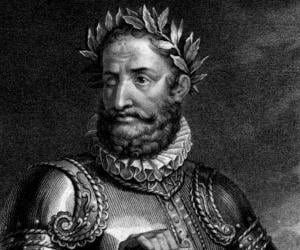
Luís de Camões was a Portuguese poet whose mastery of verse often draws comparison to that of Homer, Shakespeare, Milton, and Dante. He is best remembered for his 1572 epic poem Os Lusíadas. Camões had such a great impact that Portuguese is sometimes referred to as the language of Camões. He is considered the Portuguese language's and Portugal's greatest poet.
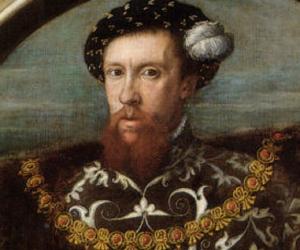
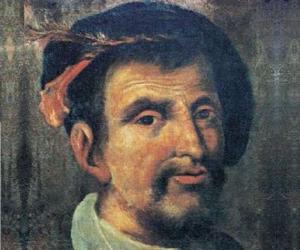
The second-born son of Christopher Columbus, Ferdinand Columbus introduced technologies such as the printing press to Seville. He gathered a huge collection of books from all over Europe and established a personal library. The accomplished bibliographer also penned a biography of his father, which became a valuable source of information.
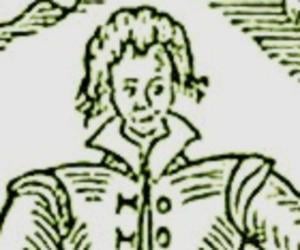
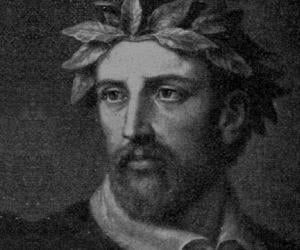
Torquato Tasso was a 16th-century Italian poet. He is best remembered for his poem Gerusalemme liberata (Jerusalem Delivered). The son of a prominent poet, Tasso grew up to be a brilliant young man. Even though his father wanted him to become a lawyer, he decided to become a poet and achieved considerable fame. His poems were widely translated.

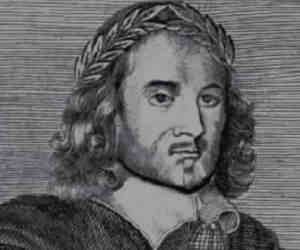
Kabir was an Indian saint and mystic poet whose works influenced Hinduism's Bhakti movement, which in turn played a key role in the formation of Sikhism, the fifth-largest organized religion in the world. Kabir is an important figure in both Hinduism and Islam and his legacy continues to live through a religious community known as the Kabir panth.
Abdul Rahim Khan-i-Khana was an Indian poet who served in the court of Mughal Emperor Akbar. He was counted among the Navaratnas, Akbar's nine important ministers. Rahim is best remembered for his couplets and books on astrology.
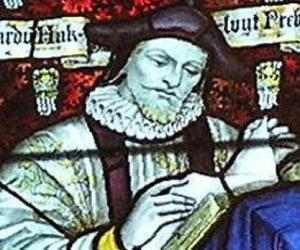
English geographer Richard Hakluyt is remembered for his marked political influence and his continuous support of the British colonization of North America. A priest, he was associated with the Westminster Abbey. He also penned reports such as Discourse of Western Planting, which was appreciated by Queen Elizabeth I.
Ludovico Ariosto was an Italian poet best remembered for authoring the epic poem Orlando Furioso, which describes the adventures of Orlando, Charlemagne, and the Franks. Ariosto is also credited with coining the term humanism, which is among the most commonly used words by modern philosophers.
Giambattista della Porta was an Italian scholar, polymath, and playwright. He was active in Naples at the time of the Scientific Revolution and Reformation in the 16th century. He was knowledgeable in different fields, including occult philosophy, astrology, meteorology, alchemy, mathematics, and natural philosophy. In his later years, he collected rare specimens and grew exotic plants.
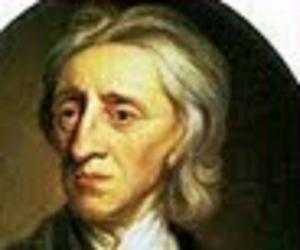
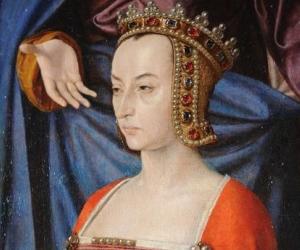
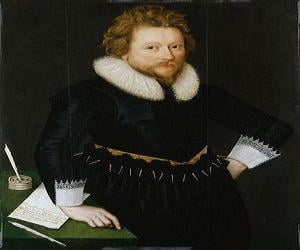
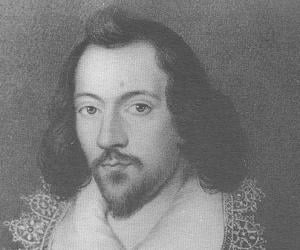
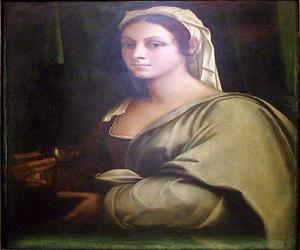
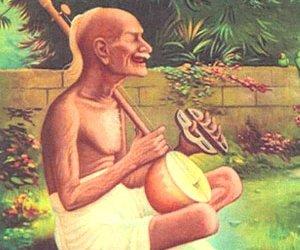
Surdas was an Indian poet and singer best remembered for his devotion to Lord Krishna. He is credited with writing the popular book, Sur Sagar. He was blind by birth and was neglected by his family. Surdas was inspired by the teachings of Vallabha Acharya, who he met while going on a pilgrimage to Vrindavan.
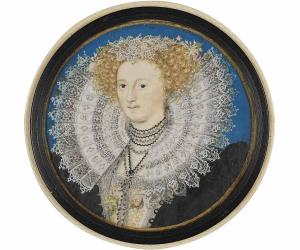
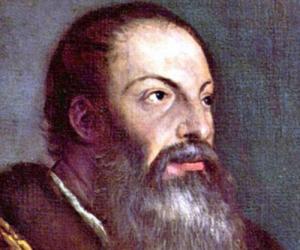
Pietro Aretino was an Italian author, poet, satirist, and playwright. He wielded influence on contemporary politics and art. An outspoken critic, Aretino was one of the most important and influential writers of his generation. A self-proclaimed sodomite, Pietro Aretino was involved in romantic relationships with men, which was uncommon at that time.
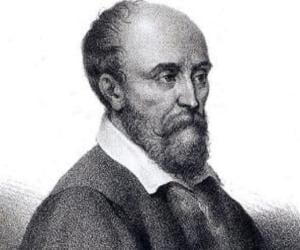

Inca Garcilaso de la Vega was a Peruvian chronicler and writer. Vega, who spent most of his life in Spain, is remembered for his chronicles of Inca culture, history, and society. His work became popular in Europe, where it was widely read, making Inca Garcilaso de la Vega the first author from the Americas to enter the western literary world.
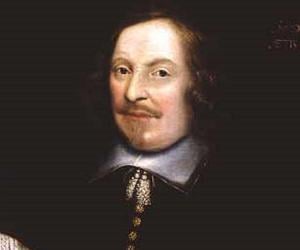
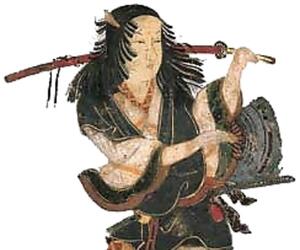
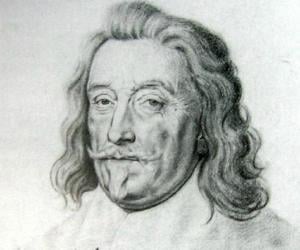
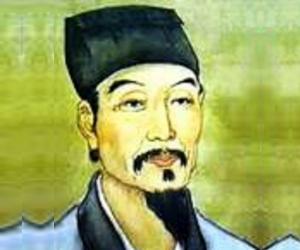
Wu Cheng'en was a Chinese poet, novelist, and politician who was active during the Ming Dynasty. He is often credited with authoring a Classic Chinese Novel titled Journey to the West. Wu Cheng'en's possible composition of the famous novel is his main claim to fame, although he also wrote numerous stories and poems, most of which have been lost.
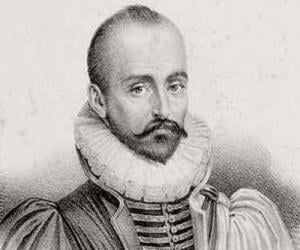
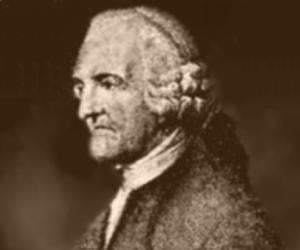
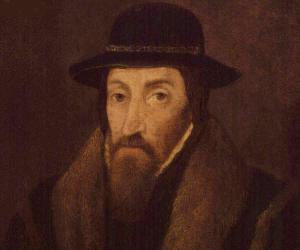
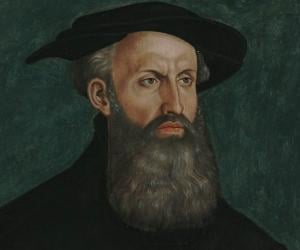
Swiss reformer Heinrich Bullinger is remembered for his role in the spread of Zwinglianism, or the teachings of reformer Huldrych Zwingli. He later succeeded Zwingli in Zurich. He also played a major role in the First and Second Helvetic Confession and in bringing about the Reformed tradition.
